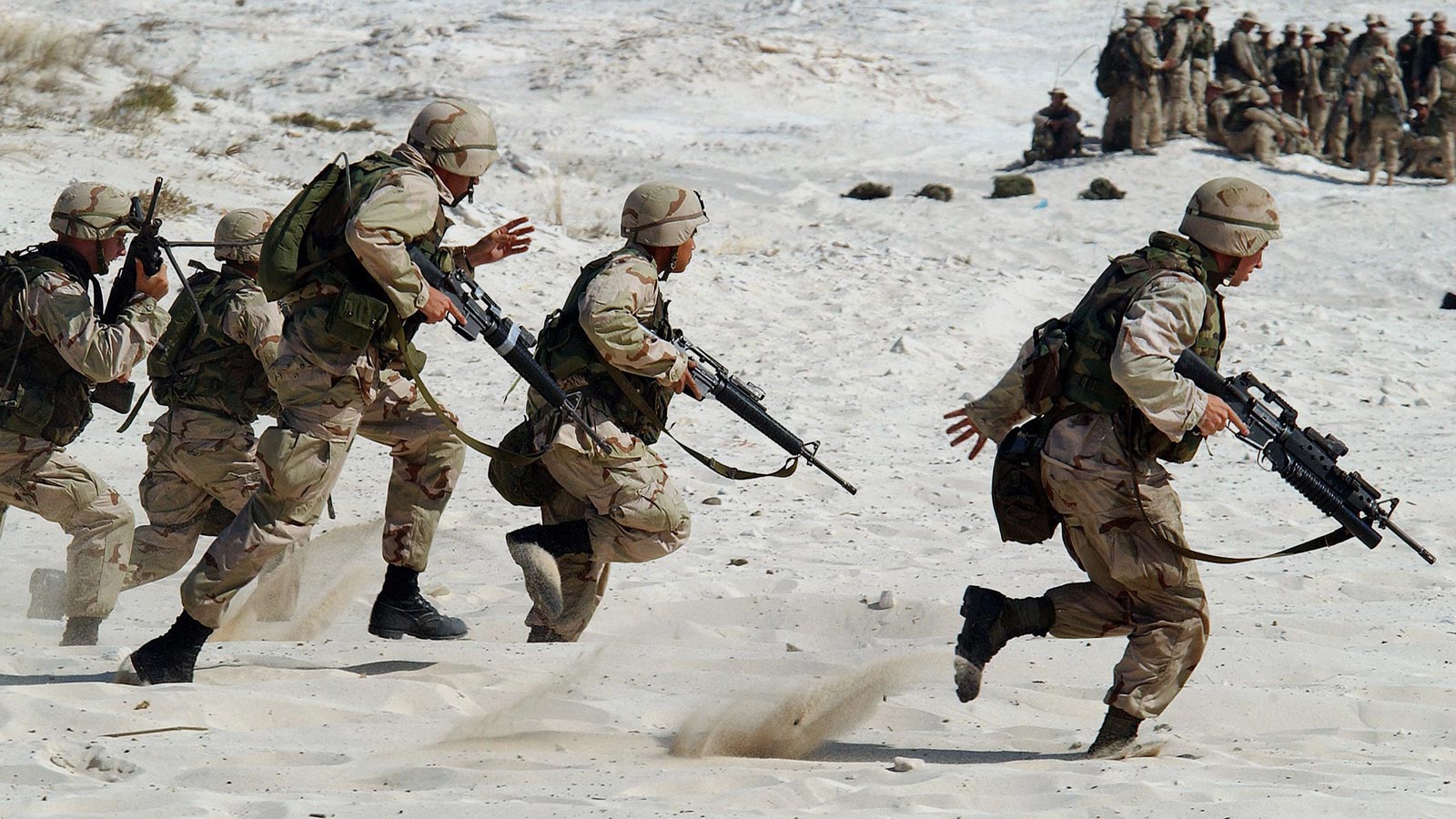Adapting to the Battlefield: The Agile Transformation of the British Army's Operations
March 23, 2023
2 min read
-
Introduction:
- Introducing the British Army and its need to adapt to modern warfare challenges
- Highlighting the importance of agility in military operations and the motivation behind the agile transformation
-
Understanding Agile in Military Operations:
- Explaining the concept of agile principles and methodologies in the context of military operations
- Discussing the benefits of agility in terms of responsiveness, adaptability, and mission success
- Addressing the unique challenges and considerations of implementing agile practices in a military setting
-
The Need for Agile Transformation:
- Identifying the factors that drove the British Army's decision to embark on an agile transformation
- Discussing the changing nature of warfare and the need for more agile and flexible operational capabilities
- Highlighting the benefits and potential outcomes of adopting agile practices in military operations
-
Agile Practices in the British Army:
- Exploring the specific agile practices and methodologies implemented by the British Army
- Discussing the adoption of frameworks such as Scrum, Kanban, or SAFe in operational planning and execution
- Highlighting the benefits of agile practices in terms of improved decision-making, speed, and adaptability on the battlefield
-
Agile Leadership and Culture:
- Addressing the importance of agile leadership in the British Army's agile transformation
- Discussing the role of leaders in driving cultural change and fostering an agile mindset among personnel
- Highlighting the efforts made by the British Army to promote collaboration, innovation, and empowerment within the ranks
-
Enhancing Operational Efficiency:
- Exploring how the British Army's agile transformation improved operational efficiency and effectiveness
- Discussing the streamlining of processes, improved communication, and better resource allocation
- Highlighting specific examples of successful agile implementation in military operations
-
Agile Decision-Making and Flexibility:
- Discussing the impact of agile practices on decision-making processes in the British Army
- Exploring how agile methodologies enable quick and informed decision-making in rapidly changing scenarios
- Highlighting the enhanced flexibility and adaptability of the British Army's operations through agile practices
-
Lessons Learned and Future Outlook:
- Sharing the lessons learned from the British Army's agile transformation journey
- Discussing the challenges encountered and the strategies employed to overcome them
- Highlighting the future outlook for the British Army's agile operations and potential areas for further improvement
-
Collaboration and Integration:
- Addressing the importance of collaboration and integration among different units and stakeholders in agile military operations
- Discussing the role of technology and data sharing in enhancing collaboration and coordination
- Highlighting successful examples of cross-functional collaboration in the British Army's agile operations
-
Conclusion:
- Summarizing the key takeaways from the British Army's agile transformation in operations
- Reinforcing the importance of agility in modern warfare and the need for continuous adaptation
- Inspiring other military organizations to embrace agility and drive transformation in their operations
